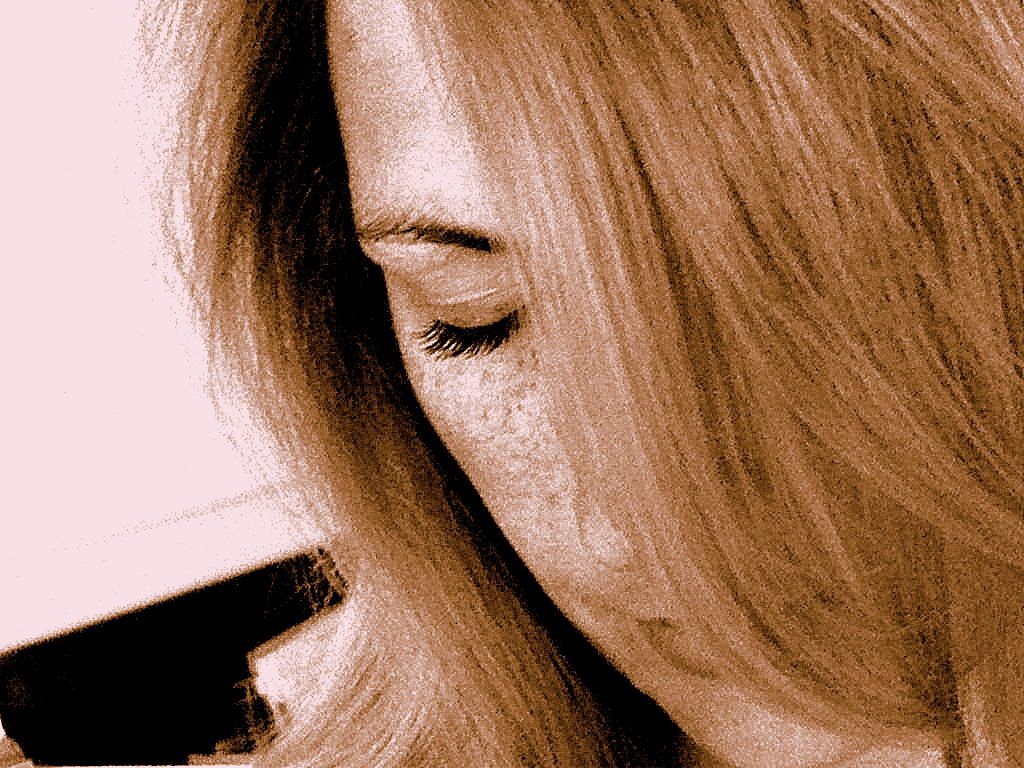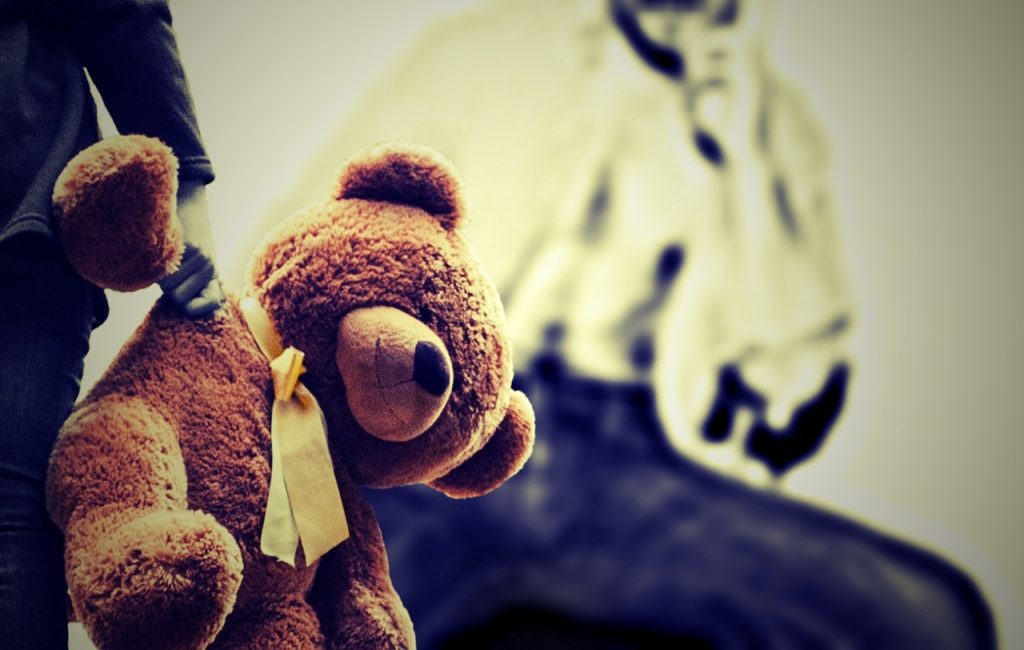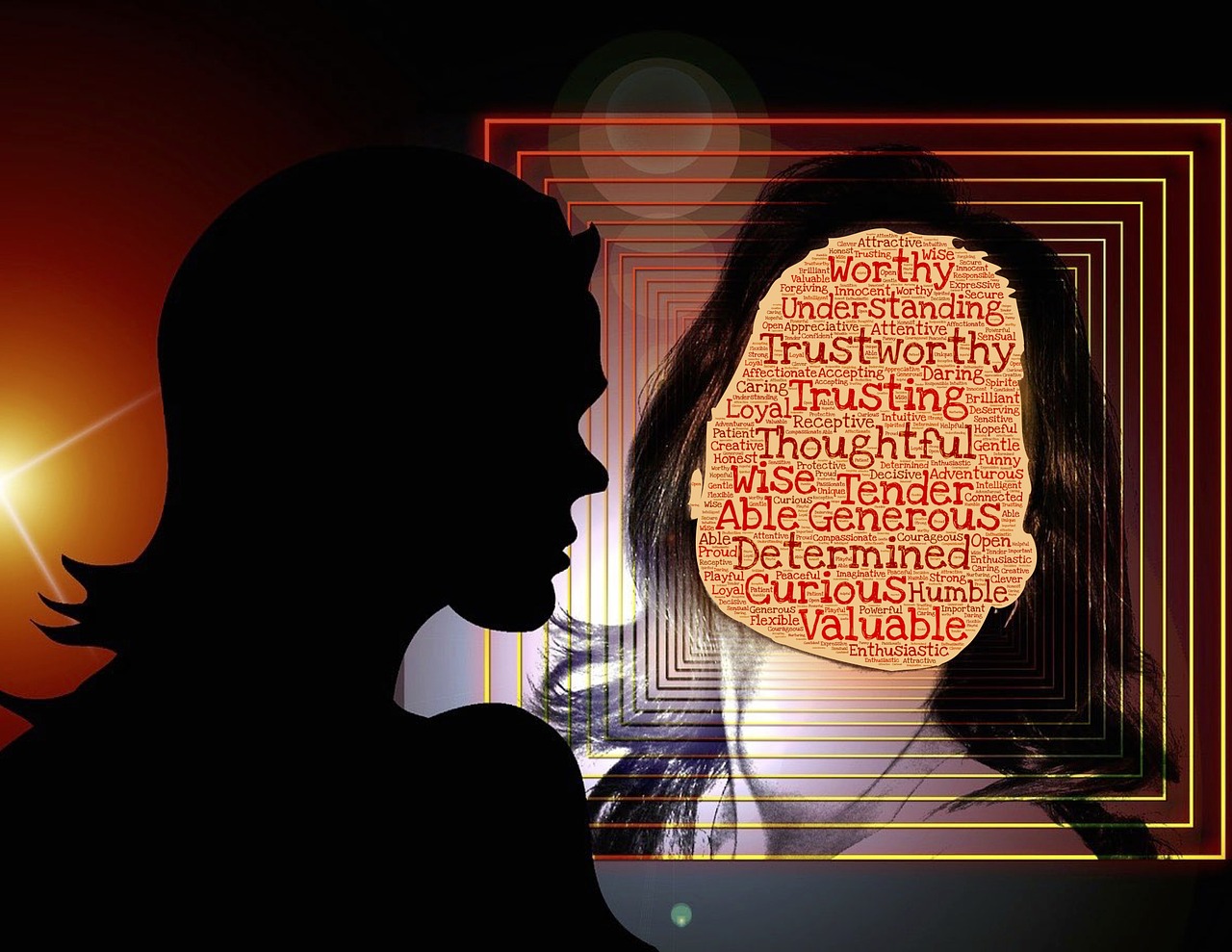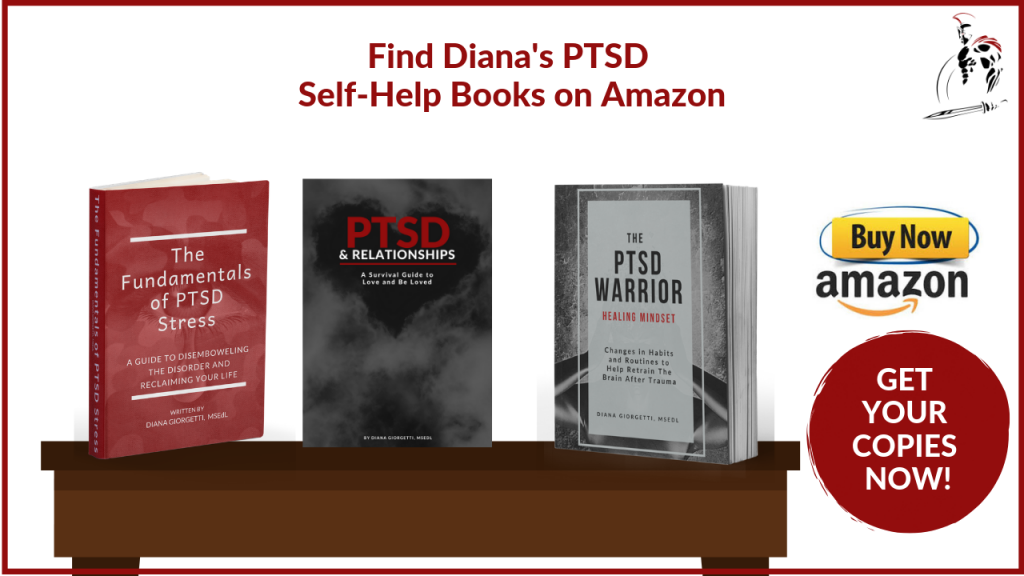I have lived with the impact of Complex Post-Traumatic Stress Disorder (C-PTSD) for over 30 years and the journey to recovery has not been easy.
Today, at the age of 46, after formal education, restructuring, readjusting, retraining, self-growth, and lots of self-love, I am at a place where I can help others understand that the power to heal from this debilitating disorder lies within them.
I authored three self-help books on PTSD that discuss important components on how to overcome symptoms that affect the various aspects of life.
I have written numerous articles on the topic of PTSD and its related problems, and given informational presentations to groups of people recently diagnosed.
But sometimes I think it’s not enough.
Healing from PTSD is deeply rooted in control, and the reality is that we cannot control everything around us.
At times, especially during stressful times, I am still affected by remnants of PTSD symptoms and this complicates my days.
Self-esteem problems, constant worries, second-guessing the intentions of others, and doubting myself and actions…
There is always a shred of doubt in my day.
When anxiety is high and self-soothing techniques are low, these constant doubts tend to turn my day up-side down.
But self-doubt and a debilitated self-esteem are just a few of the remaining effects of abuse.
Whether it was sexual, physical, or psychological abuse, people who have lived through traumatic experiences are left with fragments of the trauma and often have a difficult time taking control of their lives because they don’t understand the foundation of the problem.

This fragmentation in thought process can often manifest through unsettling feelings and emotions which are constantly fed by lack of confidence, and can impact a person’s life and that of their loved ones in unimaginable ways.
The impact of abuse on the human brain is far more reaching than anyone can imagine, and far more difficult to overcome if the abuse is repeated, prolonged, especially if it started at an early age.
In my case, three separate major traumatic events permanently altered my life.
I will never know the person I was supposed to be prior to all these events, but I know the person I am today and what I want to do with my life, knowledge, and time.
Healing from PTSD requires a functional understanding that healing is deeply rooted in taking control.
Full command of one’s actions and reactions to the surrounding environment is crucial. Not allowing others to control your life is also important.
Often, people with PTSD fall prey to conniving and narcissistic predators that come in the form of friends, romantic partners, and acquaintances. These people’s main goal is to control others; it soothes their narcissist personalities.
But this knowledge without a plan of action will not be enough.
I am not like most people, waking up early and planning the day is not enough. My custom-made system has a series of steps I must follow for my day to function at a relatively normal level.
Every single day I wake up early and have an established morning warrior routine, which I follow to set myself up for success.
But sometimes even this is just not enough.
I worry a lot, I second-guess myself all the time, I still have harsh self-esteem and significant trust issues.
All these are side effects of abuse, and have a constant and painful impact in my life, in my actions, and can often affect my performance.
On rough days I drown in trivial thoughts such as worrying whether my boss will like the new website I am designing despite my clear good performance and ability.
On bad days, I am always second-guessing my decisions and wondering if I’m doing a good job at all, even though deep inside I know I am.
Some other days I wonder whether I am doing a good enough job to help and support my coworkers.
It can sometimes be a cluster fuck of emotions. Seriously.

But this is just one side effect of long-term abuse, a lingering problem from years of living in multiple situations where my mere existence was seen as wrong, where each of my actions, reactions, and decisions was vetoed, and where my life didn’t seem to belong to me at all.
It is almost impossible today to perform an action and feel 100% fulfilled about it, but I keep trying. Every single day I wake up and fight the good fight. I don’t always come out victorious or unstressed, but I do give it my all.
Nonetheless, about five hundred times a day, I worry. No, that’s not an exaggeration. I worry about everything.
- I worry whether I’m going to work enough productive hours that day, or if the work I’ll produce will be sufficient.
- I worry whether my youngest child is doing well while at his father’s house when he’s there 50% of the time. We have a subnormal level of communication, and my son living in a bubble is a frequent source of anxiety in my life.
- I worry whether my oldest son is going to get pulled over, get (another) speeding ticket, or worse, get into an accident.
- I worry whether he’s going to class or not, and aside from it being a side effect of abuse, it’s a trust issue.
- I worry weather my dogs are going to be sick and how that will affect me.
I have never gotten to a point my life where I can fully trust myself or another human being. This is the deepest form of mental disfigurement that long-term abuse can leave on a person.
Trust matters. Trusting others matters. Trusting yourself matters more.
But sometimes healing and controlling symptoms associated with PTSD is not enough. You have to be willing to go deeper and understand the transformation that is needed for you to live a peaceful life.
Managing self-doubt and regulating low self-esteem are crucial steps to achieving normal functioning.
But sometimes it’s just not enough…
Self-esteem plays a huge role in the success and performance of people, especially those struggling with PTSD.
However, abuse, severe, constant, frequent, and long-term sexual, emotional, and physical abuse cripples your self-esteem to a level that it is almost impossible to salvage.
Almost…
Low self-esteem plays a huge role in the way a person with PTSD functions internally, and how they respond to the outside world. Constantly worrying about everything takes a toll on the brain, especially its ability and performance.
Self-doubt brings worries that become an occupational hazard of living with PTSD.
Although it is of no consequence, I am constantly worrying whether I am properly dressed, whether my hair is brushed, whether I wear enough make-up (even though I hate wearing it), or perhaps I should’ve worn high heels instead of flat shoes.
Self-esteem problems are daily interruption in my life and a huge interference in my relationships.
I often wonder how other people with PTSD manage to survive through a day without a solid foundational system that is custom-tailored to them.
I have a pretty good one, I have had it for a long time and perfected it throughout the years. It helps me function at what my best friend calls it “a high functioning type of PTSD.”
But even that it’s not enough.
Sometimes my days are really difficult, mostly due to constant worrying, self-doubt, and self-esteem issues. I second-guess myself and my decisions more than I should. This is what abuse can do to a person.
But when you come to think of it, if I lived my life based on the opinions of the few people that form my support circle, then I would probably understand that I am not as broken as I think myself to be.
As a matter fact, I seem to be someone others come to for help all the time.
I think I perform well on my job, sometimes doing more than I am supposed to do, just because it’s in my nature.
I am a workaholic because work keeps my mind occupied and because I find deep personal and professional satisfaction in helping others. In my case, I love the company I work for. It’s challenging, yet fulfilling.
I go far and beyond for my children, and always try my best to pay-it-forward. And, of course, I love my dogs.
I just hope that one day this will all be enough and will finally reach a level of inner peace.

